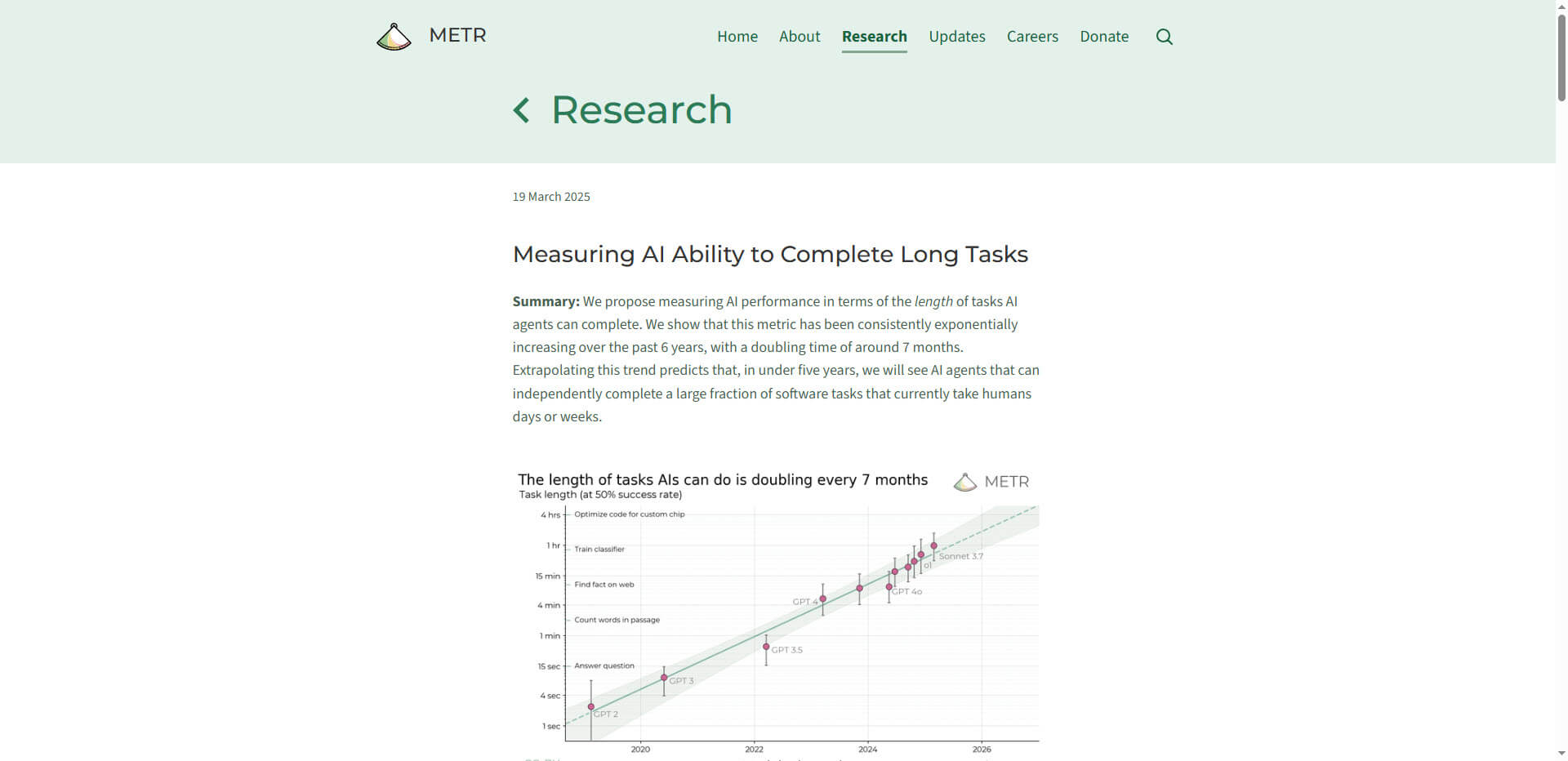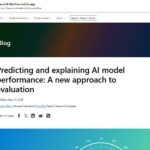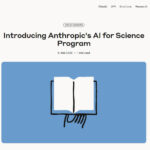The ability of AI systems to master complex tasks independently is developing at an alarming rate. Current research results show this: In just five years’ time, AI models could be carrying out projects autonomously for months on end.
The Metric Evaluation and Testing Research Institute (METR) has developed an innovative method for measuring AI capabilities. The new “Task Completion Time Horizon” quantifies how long an AI-supported task (measured in terms of human working time) can be carried out with a 50% probability of success. The results are remarkable: current top models such as Claude 3.7 Sonnet can already complete tasks that would take humans around 50 minutes.
Even more impressive is the speed of development: since 2019, this time horizon has doubled roughly every seven months. If this trend continues, AI systems could be able to carry out projects lasting months completely autonomously by 2030 – from planning to implementation.
Technological drivers of AI evolution
The rapid development is being accelerated by several factors: Improved reliability, advanced error correction, logical reasoning and the ability to use external tools. Particularly relevant is the ability of modern AI systems to recognize errors and correct them independently – a key skill for complex tasks.
The researchers used various data sets such as HCAST, RE-Bench and newly developed software tasks to evaluate AI models from 2019 to 2025. Validation was carried out using external datasets such as SWE-Bench, which underlines the robustness of the results. Recent studies in Nature Machine Intelligence confirm this development and show similar exponential trends with doubling times between six and nine months.
The most recent example is provided by OpenAI with GPT-5, which can maintain dialogs for several days and solve programming tasks that would take human experts one to two weeks. This development corresponds exactly to METR’s projections.
Summary:
- Current AI models can reliably handle tasks with a human processing time of around 50 minutes
- The time horizon for AI tasks has doubled every seven months since 2019
- This exponential development could enable AI systems to complete month-long projects autonomously by 2030
- Studies in Nature Machine Intelligence confirm this trend with similar doubling times
- Development is accelerated by improved error correction, logical thinking and tool utilization
- Some researchers warn of potential plateaus in certain domains as task complexity increases
Source: Metr







